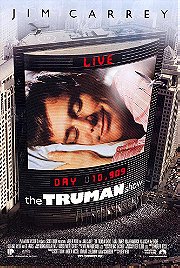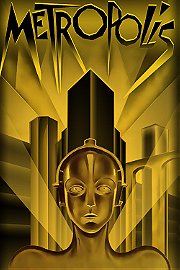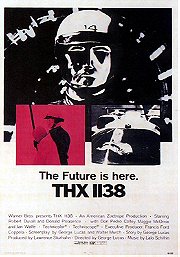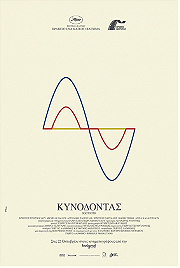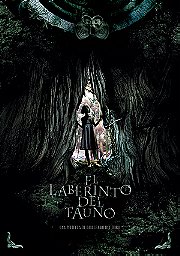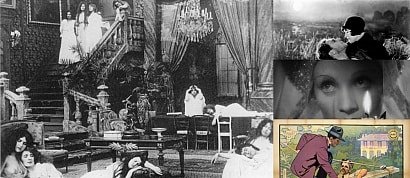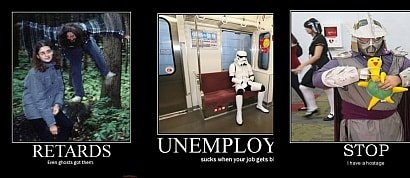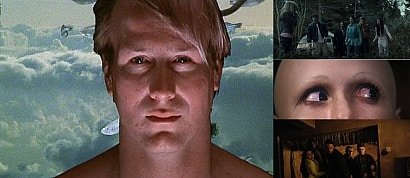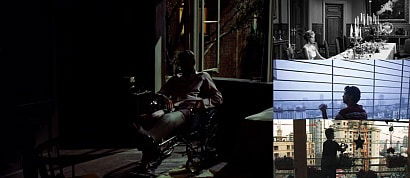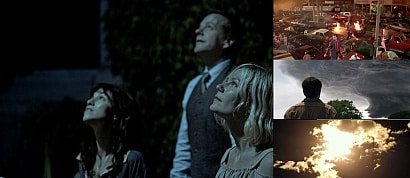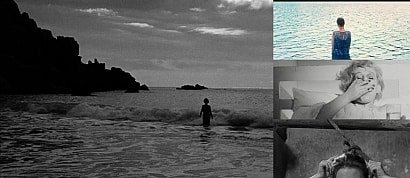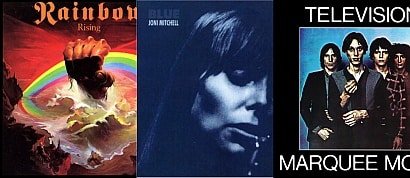Allegory of the Cave
The Allegory of the Cave was presented by the Greek philosopher Plato in his work the Republic (514a–520a) to compare "the effect of education (παιδεία) and the lack of it on our nature". It is written as a dialogue between Plato's brother Glaucon and his mentor Socrates, narrated by the latter. The allegory is presented after the analogy of the sun (508b–509c) and the analogy of the divided line (509d–513e). All three are characterized in relation to dialectic at the end of Books VII and VIII (531d–534e).
Plato has Socrates describe a gathering of people who have lived chained to the wall of a cave all of their lives, facing a blank wall. The people watch shadows projected on the wall from things passing in front of a fire behind them, and they begin to give names to these shadows. The shadows are as close as the prisoners get to viewing reality. He then explains how the philosopher is like a prisoner who is freed from the cave and comes to understand that the shadows on the wall do not make up reality at all, for he can perceive the true form of reality rather than the mere shadows seen by the prisoners.
Socrates remarks that this allegory can be taken with what was said before, namely the analogy of the sun and the analogy of the divided line. In particular, he likens our perception of the world around us "to the habitation in prison, the firelight there to the sunlight here, the ascent and the view of the upper world [to] the rising of the soul into the world of the mind".
Plato has Socrates describe a gathering of people who have lived chained to the wall of a cave all of their lives, facing a blank wall. The people watch shadows projected on the wall from things passing in front of a fire behind them, and they begin to give names to these shadows. The shadows are as close as the prisoners get to viewing reality. He then explains how the philosopher is like a prisoner who is freed from the cave and comes to understand that the shadows on the wall do not make up reality at all, for he can perceive the true form of reality rather than the mere shadows seen by the prisoners.
Socrates remarks that this allegory can be taken with what was said before, namely the analogy of the sun and the analogy of the divided line. In particular, he likens our perception of the world around us "to the habitation in prison, the firelight there to the sunlight here, the ascent and the view of the upper world [to] the rising of the soul into the world of the mind".
People who voted for this also voted for
Film Diary of 2023
You Are Underrated
Anna
Gayuli
Films: The Beauty of Black & White
♥Australia, "The Crikey Country"♥
My Top 55 of The 90's
Happy Holidays listal, friends, moderators, users
My Favorite Actresses
Our retards and weird men
January Birthdays
Allure Disney Princess
Whitesnake works
Toma Karakelyan
Let's make a face polls ACTRESSES
More lists from Nusch
Horror Movies That Use Drugs As A Plot Point
Buddhism Movies
Isolation Movies
My Favorite Brazilian Movies of the 2000s
My Favorite Pre-Apocalyptic Films
Suicide Scenes
Favorite Albums Of 70s
 Login
Login
